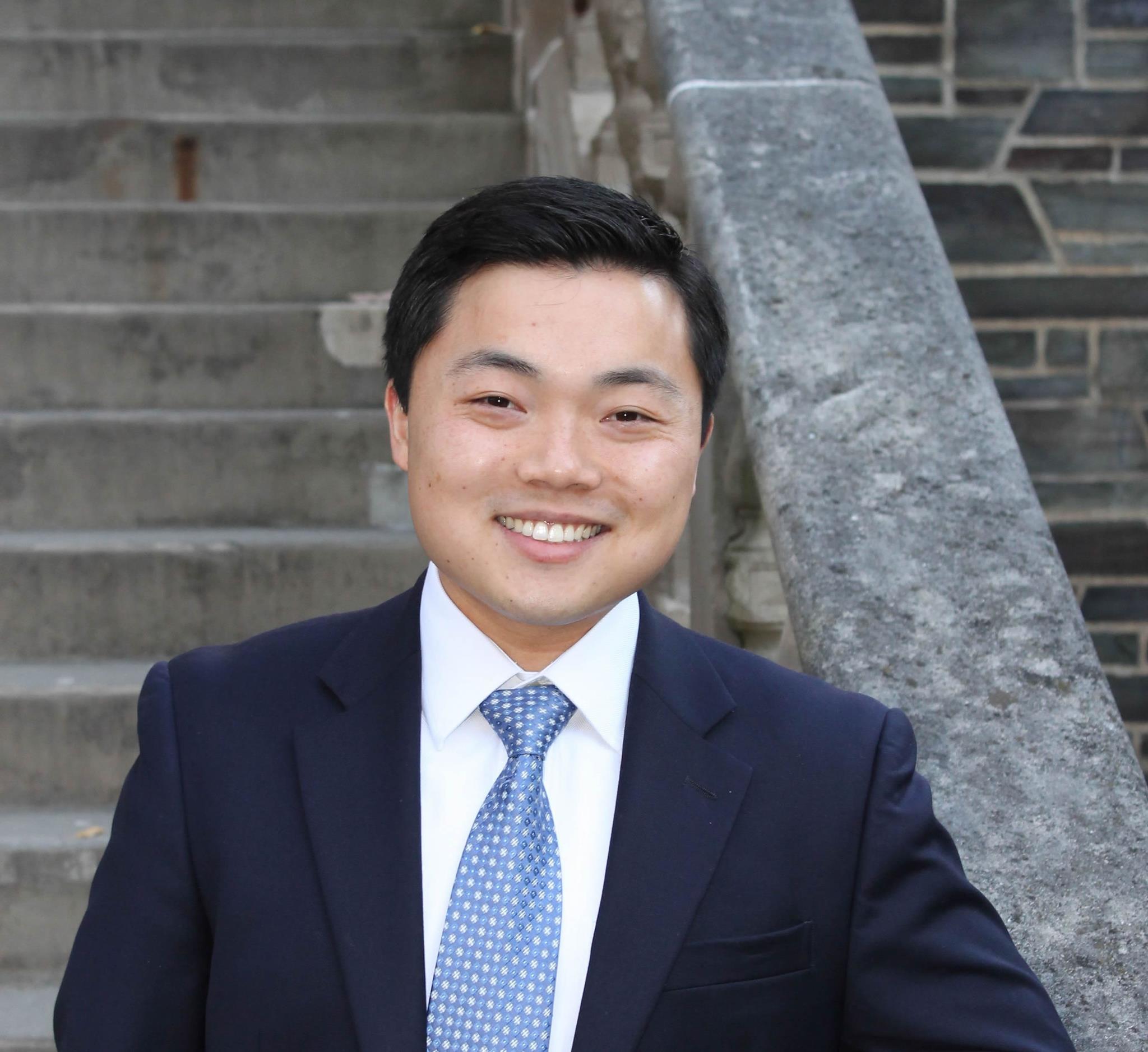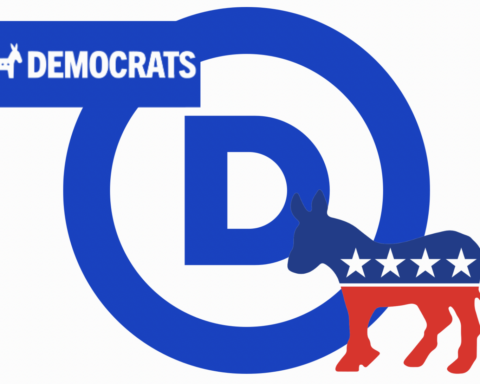By Ryan DeOrdio
Staff Writer
Nate Shinagawa, Democratic candidate for New York’s 23rd congressional seat, answers an environmental policy question as he cites pro-green technology statistics. He stops mid-sentence and asks for a fact check. Within minutes, his statements debunked. It’s better than he thought. A $1 million investment in green energy creates 16.7 jobs, compared to 5.3 jobs created by $1 million investment in fossil fuels, according to the US Commerce Department.
As Tompkins County Legislator’s Vice Chair, Shinagawa voted against allowing hydrofracking. In contrast, his opponent, incumbent Rep. Tom Reed (R-NY) voted to limit EPA authority to reduce pollution in Chesapeake Bay, according to govtrack.us. Hydrofracking is an unacceptable risk to water supplies, especially the local Marcellus Shale. Rep. Reed’s disregard for the environment is dangerous, especially for the 23rd district.
As Rep. Reed votes to reduce corporate overhead in exchange for less environmental conservation, Shinagawa pushes for preserving the American dream.
Shinagawa favors more Pell Grants and work study programs, according to his campaign website, nateshinagawa.com. In contrast, Rep. Reed voted for vice presidential candidate Rep. Paul Ryan’s (R-Wisc.) budget, according to Hobart & William Smith Colleges. Rep. Ryan’s budget limits “the growth of financial aid,” specifically Pell Grants, according to the Congressman’s budget summary, available on Ryan’s House website. Rep. Ryan’s budget also is against subsidized student loans.
Unsubsidized Direct Loans fixed interest rates twice as high as Federal Direct Subsidized Loans, according to the Institute of World Politics and National Association of Student Financial Aid and Administrators. Unaffordable college means a less educated, less skilled citizenry, which stifles American opportunity.
Shinagawa supports the Affordable Care Act, which allows parents to keep children on their insurance until they’re 26, extends coverage for pre-existing conditions, and makes insurers spend 85 percent of patient premiums on care, according to the federal healthcare website.
Shinagawa, 28, has a master’s degree in Health Administration and worked as a non-profit hospital system administrator, according to his campaign Facebook page. With health care contributing 17.9 percent of US GDP, according to a June 13 Bloomberg report, Congress needs a medical perspective.
On Sept. 5, he explained health care’s high cost to College Democrats and faculty members. Expensive, cutting edge equipment, such as the unmanned “da Vinci robot” surgeon, creates an “arms race” for competing hospitals. This increases premiums by 45 percent, according to Shinagawa. Shinagawa advocates a public option to reduce cost. These policies make health care more competitive and consumer friendly.
On campaign finance reform, the Democrat criticized the Citizens United Supreme Court decision, which unchained corporate money in politics, according to a July 12 New York Times article. Shinagawa refuses to accept political donations from corporate political action committees (PACs), and supports the DISCLOSE Act, which forces PACs to name donors.
Shinagawa’s aimed at amending military spending, too. He proposes to cut military research and development, and cut and audit Pentagon spending. The Pentagon’s 2012 budget was $644.3 billion, according to a Dec. 5, 2011 Businessweek.com report. In addition, 2012 research and development defense spending was estimated at $74.4 billion, according to AAAS.org.
Research and development sometimes sparks innovation, but it’s wasteful, too. Harvard University received a US Defense Department grant, worth $2.6 million, to build an Iron Man suit, according to a July 19 Computerworld.com article. In a world of Predator Drones and nuclear missiles, the US doesn’t need inspiration from Marvel Comics on new ways to kill.
Shinagawa knows success can’t happen for the least fortunate if the most fortunate’s greatest interest is self-interest and special interest. If St. Bonaventure wants a Congressman who defines “representative,” then students will register to vote at school, where they live most of the year, and vote for Nate Shinagawa.
deordirr10@bonaventure.edu






